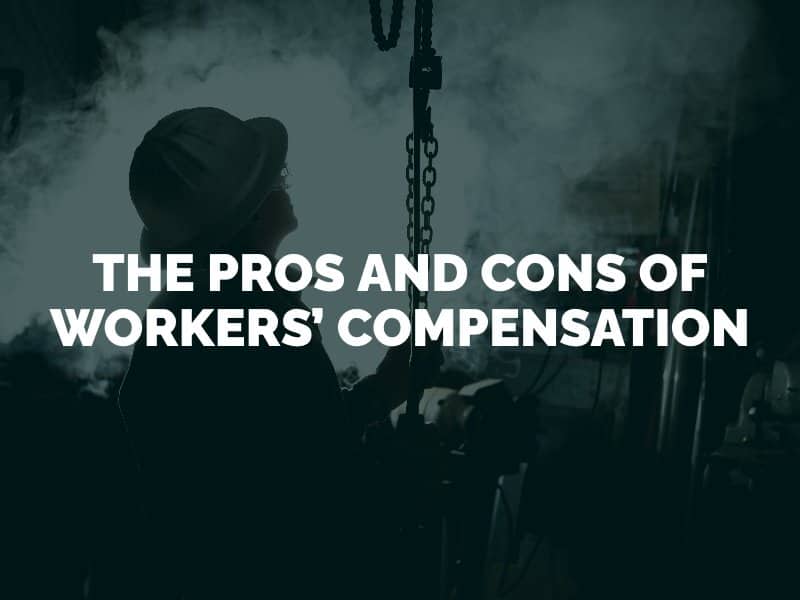When individuals sustain on-the-job injuries in Colorado, they will typically be able to receive workers’ compensation insurance period this type of insurance is mandatory for nearly every employer in the state and will generally pay medical bills and a significant portion of lost wages if a person is unable to work while recovering. However, even though there are significant benefits to the workers’ compensation system, there are also drawbacks that individuals need to be aware of.

There are significant and obvious benefits to workers’ compensation laws. First and foremost, these laws protect both employees and employers. For employees, they can be sure that they will receive compensation for just about any type of workplace injury or illness they sustained. This includes traumatic injuries that occur on the job as well as longer-term injuries that happen as a result of the workplace. Some common examples of these longer-term injuries include repetitive motion injuries, occupational cancers, hearing and vision loss, and more.
When individuals file workers’ compensation claims, they will be able to receive complete compensation for their medical bills related to the injury or illness. Additionally, workers can recover a significant portion of their lost wages (two-thirds of their average weekly wage at the time the injury occurred) for specified periods of time or even long-term disability benefits based on injury schedules.
The main benefit of the workers’ compensation system in Colorado is that this is a no-fault insurance system. This means that individuals can recover compensation even if they were completely or partially responsible for causing their own injury or illness.
There are some drawbacks to workers’ compensation. Even though individuals will be able to recover complete coverage for their medical bills, they will only receive a portion of their lost wages, as mentioned above. It is most certainly a drawback that individuals cannot recover total compensation if they cannot work as a result of their injury.
Additionally, individuals are unable to recover any type of non-economic damages related to their injuries, such as compensation for their physical or emotional pain and suffering losses.
When a person sustains a workplace injury, they will usually not be able to file a personal injury lawsuit against their employer or co-worker, even if these other parties were responsible for the injury. There are very few circumstances where individuals are allowed to file a third-party lawsuit. This includes if the injury was caused by another party aside from the employer or co-worker or if the employer or co-worker were grossly negligent or intentional in causing the injury.
Another drawback to the workers’ compensation system is the fact that employers or insurance carriers can significantly delay or even deny a claim if they dispute the cause of the injury or the extent of the injury and the medical care. The appeals process can be confusing, and individuals often need assistance from a Denver workers’ compensation attorney to help them if their claim gets delayed or denied.